Charles Pakana (VAN):
Joining me today on the Referendum 23 Tapes podcast is the CEO of Djaara, up here in Bendigo on Dja Dja Wurrung country, Dja Dja Wurrung, and Yorta Yorta man, Rodney Carter. Rodney, thanks for joining me on the podcast today.
Rodney Carter, CEO of Djaara:
Charles. Thank you, and welcome to country.
Charles:
Thank you so much indeed. That means a lot to me. Rodney, in July this year, Djaara came forward with a clear statement that it was supporting the Uluru Statement from the Heart and a Yes vote for the Voice to Parliament. What was the rationale behind that? Because a lot of organizations have really stayed in the middle. They’re just promoting, “Let’s just share information. And let’s not create a stir within community.” What led to a firm yes from Djaara?
Rodney:
I think it was the broad conversation around the Voice to Parliament. And that’s had a long journey since the creation of the Uluru Statement from the Heart. So, we’ve had a long time to throw the ideas around. And then, I think for that to be now more consolidated by the current government. So, that gives it a greater degree of validity. This is going to happen.
And so, I think if that was volume, it’s increased. And there’s more conversation around it. And for Dja Dja Wurrung people, like many First Nations, we’ve been a really strong advocate of our rights and our presence. So, Voice is part of this idea of being present. We have a Recognition Settlement Agreement, so our corporation, our entity is a really important representative of the people. And so then, from the idea of member conversation, family, community conversation, management’s employed to do work around this. So, we collaborate with the wider community about the conversations. I think we need to take a briefing paper to the board to consider the dynamics of this.
Charles:
How long was this process, though? Because obviously it just wasn’t, you woke up one morning and thought, “Yep, we’re going to go to the board and we’re going to support a Yes vote.” This was a well-thought-out, as is everything within Djaara that I’ve seen over the years anyway.
Rodney:
No, thanks, Charles. I think it was well thought out, but we didn’t have a plan or a roadmap. There was bits and pieces that fell into place, and I remember, as a CEO, having a discussion with the local federal member, Lisa Chesters, “What’s your position?” And she’s saying your in the plural. And I said, “Well, look, we really haven’t landed that.” And I shared a personal opinion with her. I’m a little bit cautious as opposed to frightened. Because I sort of think if there is a no, in a sense, I’ve got experiences in me life, and seen with other mobs the emotional effect that can have on us as a people.
So, there was a degree of caution around that, of actually not being ashamed, but stepping up and lending the support to something and it not happening. And to her credit, Lisa, and now we see 16 organized groups in Central Victoria are advocating, campaigning for Yes. And so, there was that support, “Okay, these political people, they’re good at campaigning. We’re not good at campaigning.” So, we fell with an immediate commitment, “Well, we’ll support you in whatever it is.” That meant we had to go back to our board and get a consolidated position. And as you’d see from her webpage, and the statement, and the good work that’s happened around this, us as a mob, we support Yes.
Charles:
Were there any particular challenges, though? Without naming names, we don’t want to do that, but within the corporation, were there particular challenges that needed to be addressed in order to make sure that there could be that successful support for a Yes vote?
Rodney:
Yeah, so we had to do the good communication amongst your membership, amongst your family. We’re not immune to people doubting, or cynicism, or being suspicious. I think sometimes it’s in our nature culturally, for how we’ve been treated. So, I think that landed in a pretty good place, Charles, where there was positive commentary around this. If somebody is there that’s been negative, I don’t know about it. I haven’t heard from my mob about it. So all I can deduce from that, I think we’re in a good place. My mother was a very challenging person to have conversations with-
Charles:
Aunty Fay Carter, yeah.
Rodney:
Aunty Carter [inaudible 00:04:47]. I’ll defer to me second-eldest daughter, Neane Carter, that me mother said, “Oh, she’s a lawyer. I’ll talk to her and I’ll figure this out.” But the proceeding conversation from that with me when we unpacked it and we looked at the ’67 referendum, which was more influential for her as a young woman. Because I was just an infant, I can’t vote No. We really unpacked it. And it was like, I don’t completely know what Yes is. We had less information around what the structure of the advisory capacity of elected people-
Charles:
But then again, even in 1967 with the two changes that were made to the constitution then, no one knew what laws would actually, or could conceivably be developed for Aboriginal people as a result of giving the federal government that position. So, do you find it a bit strange that everyone’s going, “So, where’s all the detail? Where’s the detail?” We’ve never had a referendum where all the subsequent legislative detail has been put upfront first. So, how frustrating is that for you?
Rodney:
Yeah, I think time’s passed since ’67, so we’re at least a generation, one and a half generations on. I think as citizens, as people, we’re not necessarily smarter. But we’re probably more interrogating, I think, of the nitty-gritty, the finer detail around stuff. The ’67 referendum, I think, was unique insofar Australians so easily accepted the insult of exclusion. The insult of excluding a people that were, I think for a lot of immigrants understood, these people were here before the invasion and the colonization of the country. And maybe unspoken widely across community, there was an acceptance, even in white Australia, this is actually the right thing to do. We must do it. But we jump forward now into what will happen in October. There’s a greater degree of interrogation around it. I simplistically don’t see much difference between the emotional need of Yes in the ’67 referendum for what we’ve been asked around this referendum, Charles. But I respect others wanting to inquire more about it.
Charles:
What, though, about benefits to people on the ground? You’ve been the CEO of Djaara, or the Dja Dja Wurrung Corporation as it used to be called, for quite a while now. What impact do you believe, if we get a Yes vote, will the national Voice and the local and regional voices have on the community here in Bendigo?
Rodney:
Yeah, look, this might sound a bit unusual. I can’t immediately see a benefit to what we’re already doing in our advocacy. But it is still a really positive thing for us, I think, in this idea of Australian community, neighborhood, and family. And I think the ability for us as First Nations people to contribute great things to the wider community.
Charles:
So, look beyond your own back door and your own backyard. Is that what you’re saying?
Rodney:
Yeah. And we’ve said that, this is something that we must support. Not in so much even for ourselves, but for others that might be less fortunate. And it’s really important to do that in so many ways. I think for those that are disadvantaged, the Dja Dja Wurrung here in a sense, in our advocacy, we advocate for all of community. We understand the disadvantage not just to our people, we’re experts in that. But we’re trying to unpack and be a really useful advocate for a more prosperous community here in Central Victoria. That’s incumbent on leadership and going forward. And so we’re, I think, really aspiring in the future, generations out. Future Dja Dja Wurrung people, they’ll carry, I think these challenges going forward that we’re a more well community together. And if I can, Charles, and that’s probably for another discussion, but I think that’s where Treaty can be really useful. The Voice for us federally is unique. Because now we’re going to be able to really courteously converse with people and say, “These are some of the solutions. These are our needs. We want to be more well.”
Charles:
Rodney, one of the things that we do need to address is about a month after Djaara came out with its support for a Yes vote, it was noticeable that a joint media release came out requesting courtesy and respect within conversations. Because as was mentioned in the media release, that a lot of the mob locally were being subjected to racial abuse as a direct result. What was actually happening? And what led to that joint media release with the three other organizations?
Rodney:
Yeah, so I think in our thinking after the event, and you try and contemplate what’s going on, we would reasonably believe opinions are diverse.
Charles:
Of course.
Rodney:
And people maybe should have diverse opinions. I think as a community, all community, I think we can’t tolerate forms of discrimination in having differing opinions.
Charles:
Have there been instances where mob have been verbally abused as a result of this?
Rodney:
Yeah.
Charles:
Can you talk a bit about some of those?
Rodney:
I think what’s happened, by the nature of celebrating through probably the discussion around the referendum, Reconciliation Week, NAIDOC Week, and they’re probably the times that were most colorful and present in what we do as a people, it triggered behaviorally incidents within our community in Central Victoria that we thought we’d moved on from. Because we have had challenges here over the last decade for people to be vilified. And so, there’s no reports around physical violence, but in public places, in the presence of families and children, from families in a sense, vilification towards community members that weren’t out protesting and doing all that stuff. We’re just at cafes, out and about, just living a normal day in their normal lives. And I find that probably not the height of, but really sad that somebody feels the need to express an opinion which can be kept to yourself in such a hurtful, nasty way.
Charles:
Do you think much of this is due in part, I’m not going to point the finger at specific media outlets, but to sensationalism on the parts of certain media commentators who are over-representing particular aspects of maybe the No campaign?
Rodney:
I think you’re exactly right with that. I think media and journalism, in fact, has always had a really critical role to play in the communication of matters. I think there should always be a degree of journalistic license, and even the degree of creativity. I think when that’s at the extreme of a spectrum and it’s around… I’ve described it as being evil, hurtful and whatnot towards people. Charles, I think that is so misplaced-
Charles:
It’s when journalistic integrity goes out the window for journalistic sensationalism, really, isn’t it?
Rodney:
Yeah. And, look, we’re not perfect as people, as cultures. And if one of my mob acts inappropriately, I don’t want all of my mob, in a sense, branded for that. And I would think the same thing for journalism. But what we’ve got to do is actually hold ourselves to account behaviorally.
Charles:
Exactly.
Rodney:
And I think there’s been some actually wonderful, brilliant journalism around this, Charles. And I think behaviorally, for my people, in a sense, not to regress, to set aside past forms of treatment and trauma, and take really constructive, positive approaches. Where do I want to be tomorrow? That’s where I think the influence and power that any of us have needs to be practically applied.
Charles:
Before we close off, as a result of your or Djaara’s staunch Yes support, have there been other organizations, not Black organizations, that have come to you asking for advice and guidance on this matter? Because it seems that if you’re Aboriginal, then your advice is being sought when it comes to the referendum. What your experience has been as the CEO?
Rodney:
[inaudible 00:14:06] another degree of pride within this, I can’t name them, there’s 16 organized groups around Yes. When they come to us, there’s the privacy of what we talk about. We’re on the same page in wanting Yes, believing in Yes. But the courtesy, we need to give people the information, the tools for them to make up their own mind. And I think, for me, that is such a mature society, to be able to do that when you have a bias. But you know that it’s really important in your advocacy and your leadership. And our discussion is about a referendum, the referendum, that that conversation is happening in Central Victoria. So, that in itself, and if I wake up the day after and it’s No, my life will go on, I think by having to discuss the referendum, discuss rights, advocacy, societally, we’re in a much better place here in Central Victoria. And hopefully Dja Dja Wurrung has been a positive influence for us as the wider community around that.
Charles:
I will just point out that I particularly liked the very last sentence of the media release that came out with the support of the Yes campaign from Djaara, and I’ll paraphrase. And I think it was a quote from you that said, “If in doubt, get informed.” Which is in such stark contrast to the conservative media and the conservative politicians who are saying, “If in doubt, vote No.” But you’re advocating if in doubt, get informed.
Rodney:
Yeah, exactly. And I would sort of think if somebody doesn’t understand what this is about, Charles, talk to somebody, empower yourself. What we’ve sort of learned, our ability to be able to vote for something, against something on any matter, is really important, I think, democratically. And that’s what we would want to ingrain in society, to have the knowledge, to make the decision that’s right for you. I’ve got a bias in a sense, hopefully that aligns with my values. I think Dja Dja Wurrung people have got beautiful values. And hopefully we land with a Yes and we’ll get on with it.
Charles:
Rodney Carter, thanks so much indeed.
Rodney:
Charles. Thank you.


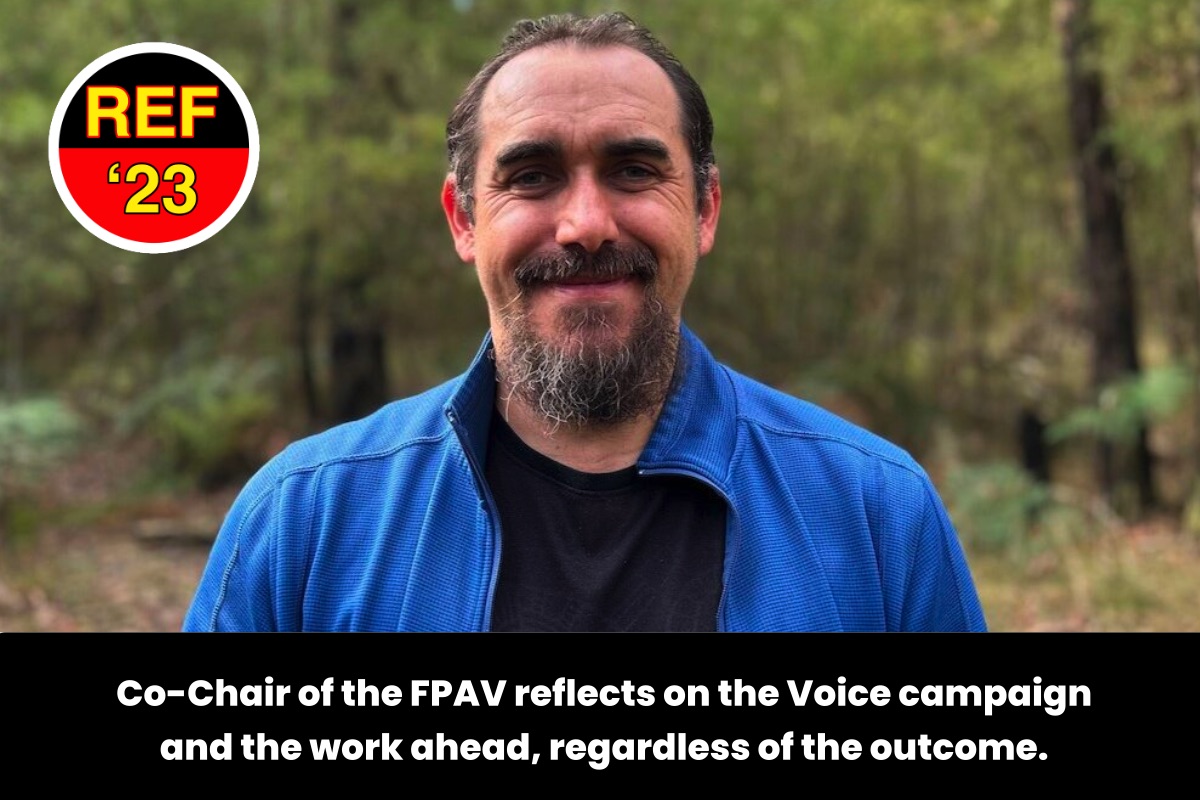
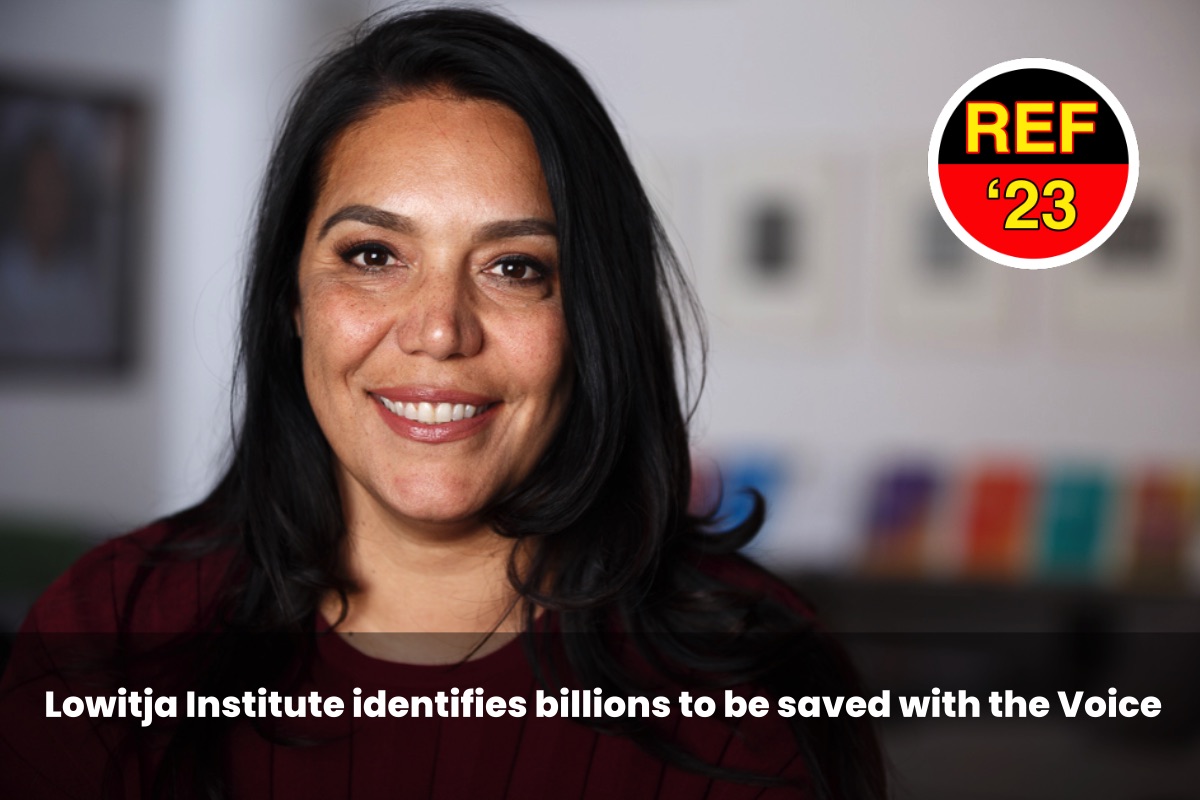
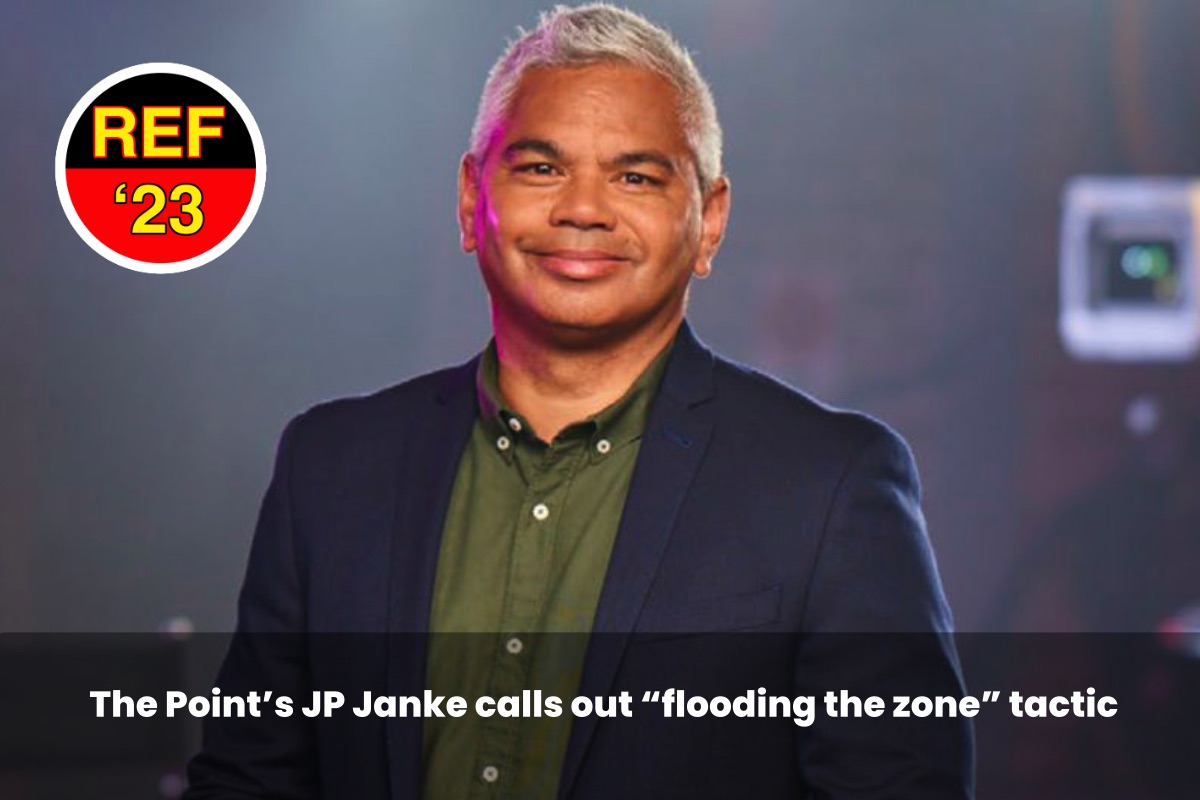
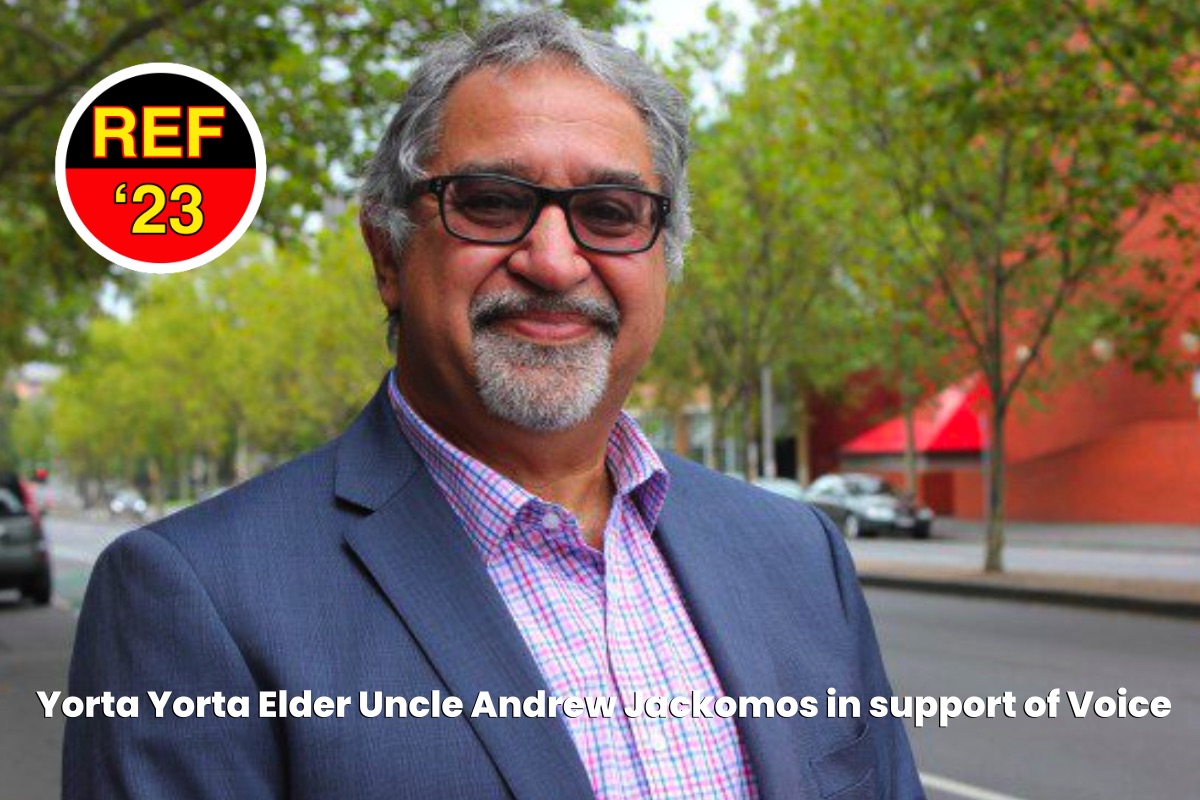
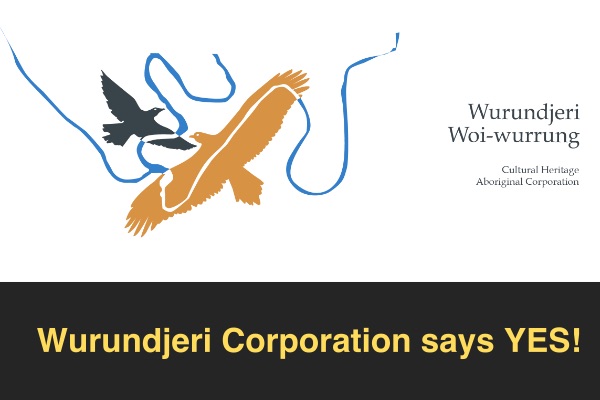

0 Comments